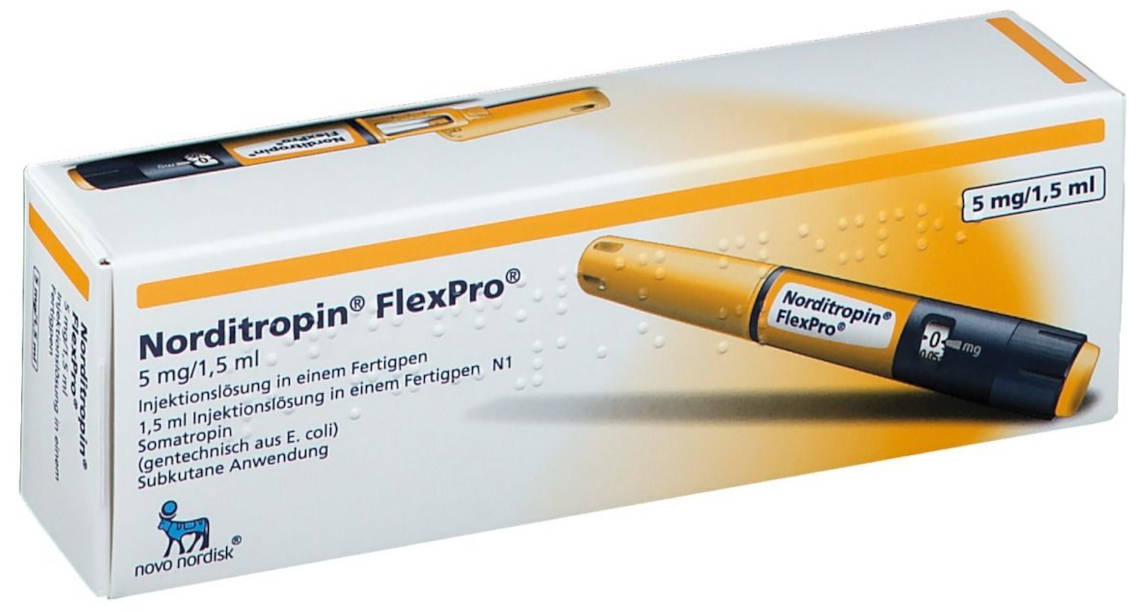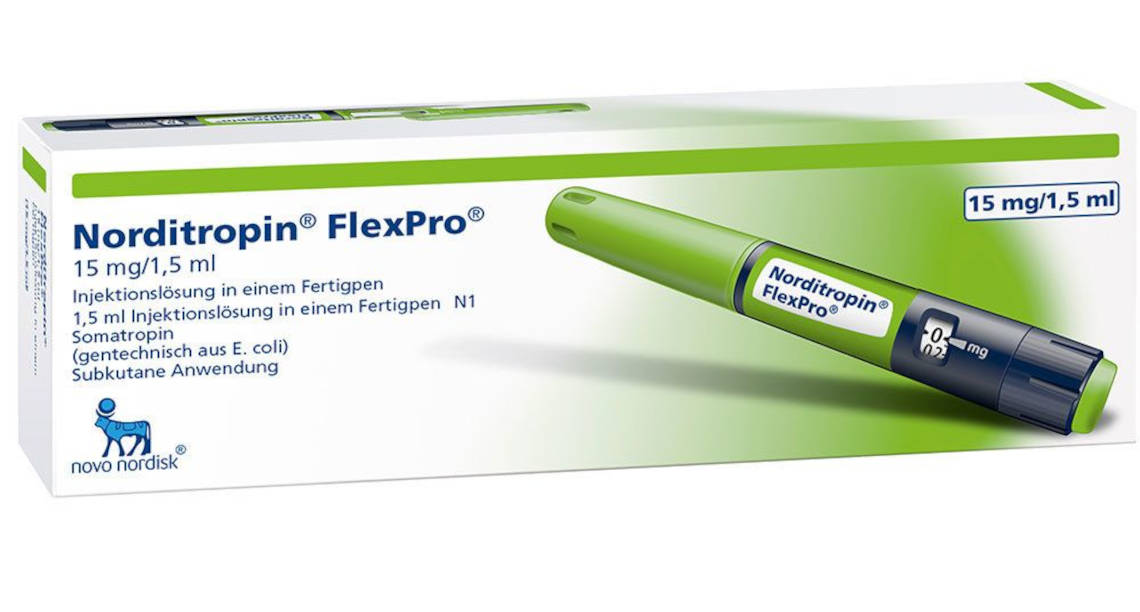BLOG
Steroids information
What are anabolic steroids?
Anabolic steroids are synthetic hormpnal that help with the growth and repair ot mucsule tissue. They imitate the male sex hormone, testosterone.
There are legitimate medical uses for anabolic steroids. Doctors perscribe them to treat hormonal problems(such as delayed puberty in males or loss of muscle caused by diseases like cancer or HIV).
Anabolic steroids are also misused. People who illegally use anabolic steroids often do so to increase lean muscle mass, reduce fat and speed up recovery from injury.
Anabolic steroids can take the form of tablets, capsules or injectable liquids, depending on the type of steroid.
Common slang terms for steroids include 'roids', 'gear' and 'juice'.
Anabolic steroids are classed as performance or image-inhaceing drugs.
Who uses anabolic steroids?
According to research, anabolic steroiduse for non-medical purposes is more common in men in their 30s. Other groups who typically use them include:
-
Professional athletes and bodybuilders who are involved in competitive sport or who have a strong desire to succeed.
-
People who work in industries where muscle strength is important – such as security workers, police, construction workers and defence force staff.
-
Young people and adults who are concerned about their body image and want to look muscular to feel good. This may include people who work in the fashion and entertainment industries.
How anabolic steroids work
Anabolic steroids work by imitating the properties of naturally occurring hormones, Their chemical composition is similar to testosterone and can activate the body’s testosterone receptors.
Once the receptors are stimulated, a domino effect of metabolic reactions takes place as the drug instructs the body to increase muscle tissue production.
Testosterone has two effects on your body:
-
anabolic – maintains bone density, supports muscle growth and speeds up recovery from injury
-
androgenic (also known as masculinising) – develops and maintains male characteristics (such as the penis, testicles, muscle mass, deep voice and facial hair).
Although testosterone is called a male sex hormone, it also occurs naturally in women, but in much smaller amounts.
How anabolic steroids affect the body
People who use anabolic steroids generally experience an increase in muscule streinght very quickly.
This generally means that people are able to train more often and for longer periods of time, with improved recovery.
This can often lead to rapid increases in lean muscle tissue.
Fluid retention is also common and can lead to muscles looking soft or bloated.
Side effects of anabolic steroids
The effects of anabolic steroid use can differ from person to person. Some people may experience:
-
fluid retention(also called water retention or oedema)
-
difficulty sleeping
-
damage to nervus from injecting steroids
-
irritability, mood swings, aggression or depression.
-
increased sex drive(libido)
-
skin changes – acne that results in scarring
-
more colds.
Men may experience:
-
testicle and penis shrinkage
-
reduce sperm count
-
erectile dysfunction(or impotence)
-
prostate problems
-
baldness(pattern hair loss)
-
gynaecomastia (breast development)
-
involuntary and long-lasting erection.
Women may experience:
-
irregular menstrual cycle or loss of periods(amenorrhorea)
-
shrunken breasts
-
deepened voice
-
facial and body hair growth
-
abnormal growth of the clitoris.
Young people may experience:
-
stunted growth
-
acne scaring
-
premature balding
-
stertch marks on the chest and arms
-
injury caused by excessive, intense workouts
-
prematurely aged (or ‘leathery’) skin.
Long-term effects of anabolic steroids
Anabolic steroids can produce many unpleasant and often permanent side effects, including:
-
damage to the gonads (testicles or ovaries)
-
liver disease
-
malfunctions of the kidneys,liver or heart
-
high blood cholesterol
-
severe acne
-
paranormal and mood swings, including deep depression
-
'roid rage', which is characterised by uncontrollable outbursts of psychotic aggression
-
injuries to tendons that can't keep up with the increased muscle strength
-
high blood pressure
-
delusional feelings of being superhuman or invincible.
-
trembling and muscle tremors.
-
nerve damage from needle use – this may lead to conditions such as sciatica.
-
unsafe needle use can increased the risk of contracting infactions such as hepatitis B andC,HIV and tetanus.
Mixing anabolic steroids with other drugs
A person who is using anabolic steroids may turn to other supplementary drugs.
They may do this to either speed up their physical transformation or counter the side effects of the steroids.
The dangers of mixing these drugs aren't fully known. Some of these other drugs may include:
amphetamines - to counteract feelings of deep depression and aid in fat loss
beta blockers - to counteract trembling
diuretics – to counteract fluid retention
human growth hormomone- such as human chorionic gonadotrophin (HCG) to stimulate the body's natural production of testosterone and counteract testicle shrinkage.
Dependence on anabolic steroids
Anabolic steroids do not cause physical dependence. However, if a person relies on them for their self-esteem and confidence, then giving up can be extremely difficult. The pressure to keep using steroids may result in feelings of anger or depression if their access to steroids is denied, even temporarily.
Withdrawal from anabolic steroids
It can take up to 4 months to restore natural testosterone levels after being on anabolic steroids for a long time. Withdrawal symptoms from steroids can include:
-
weight loss due to lowered appetite
-
depresion
-
decreased strength
-
fatigue
Treatment for anabolic steroid addiction
Treatment options for drug dependence or addiction may include:
-
detoxification
-
individual counselling
-
group therapy.
Peer support – or talking to someone who has been in the same situation – can also be helpful.
See your doctor for information and referral, or contact an alcohol and other drug service in your area.





